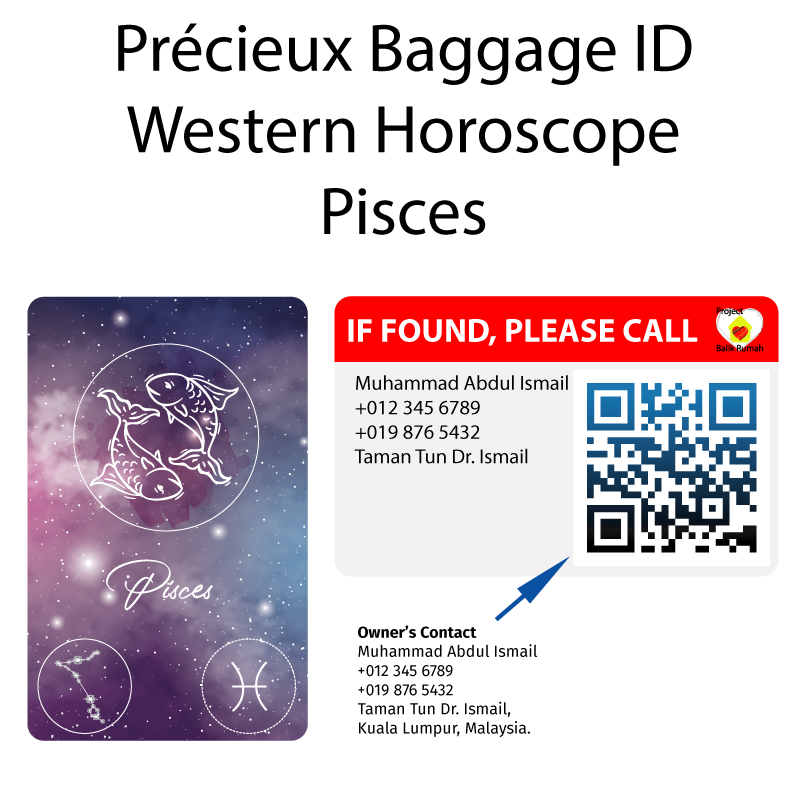


Civil society was more effectively engaged in decision-making processes for marine and coastal resources governance and management in two regional and 10 national processes, including through a collective regional advocacy campaign on the Escazú Agreement.ġ) Capacity building of civil society: 20 Mentors were trained to strengthen organisational capacity of 20 targeted CSOs across the 10 project countries (see profiles).Targeted SMEs built capacity in marketing, financial record keeping and accounting, developing partnerships, identifying new revenue streams and value-added opportunities, and climate-proofing their business.Targeted CSOs built capacity in key areas such as Board, management and leadership development policies and operational administrative systems fundraising human resources and equipment strategic stakeholder engagement and partnership building and advocacy.Experiences and local knowledge were documented about actions by civil society and coastal community small and micro-enterprises for conservation of marine and coastal biodiversity and development of sustainable and resilient livelihoods, via almost 40 publications, including GIS story maps videos, photo stories, podcasts, written case studies and papers, and three toolkits.The Project Steering Committee comprised the six CSO partners as well as four advisory regional organisations (see profiles here). A pool of 20 CSO Mentors and 10 SME Mentors supported the capacity building in each country. Twenty civil society organisations (CSOs) (including fisherfolk organisations, community-based organisation and national non-governmental organisations) and 13 nature-based community small and micro-enterprises (SMEs) were targeted for capacity building under the project. Vincent – Tobago Cays Marine Park and Sandy Island/Oyster Bed MPA Jamaica – Portland Bight Protected Area.Haiti – Three Bays National Marine Park.


Saint Lucia – Pointe Sable Environmental Protection Area.Antigua and Barbuda – North East Marine Management Area.The project took place in 10 countries – Antigua and Barbuda, The Bahamas, Dominica, Grenada, Haiti, Jamaica, Saint Kitts and Nevis, Saint Lucia, Saint Vincent and the Grenadines and Trinidad and Tobago – but with special focus on six priority marine protected areas/ marine managed areas (MPAs/MMAs). The project was supported by €1M from the European Union (ENV/2016/380-530), managed through the office of the Delegation of the European Union to Barbados, the Eastern Caribbean States, the OECS and CARICOM/CARIFORUM, with partners providing €0.93M in co-financing. It was implemented by CANARI in partnership with the Caribbean Coastal Area Management Foundation (C-CAM), the Caribbean Network of Fisherfolk Organisations (CNFO), the Environmental Awareness Group (EAG), the Fondation pour la Protection de la Biodiversite Marine (FoProBiM), Sustainable Grenadines Inc (SusGren), and the Saint Lucia National Trust (SLNT). The PISCES project took place from January 2017 to March 2021 and aimed to support innovative actions by civil society and coastal community small and micro-enterprises for conservation of marine and coastal biodiversity and development of sustainable and resilient livelihoods.


 0 kommentar(er)
0 kommentar(er)
